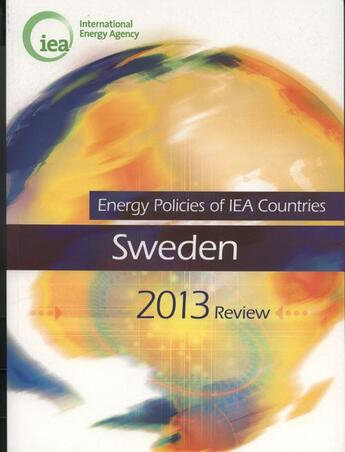-
Date de parution : 02/08/2013
-
Editeur :
Ocde
-
EAN : 9789264190733
-
Série :
(-)
-
Support :
Papier
Résumé:
Sweden has made progress in recent years towards a more secure, sustainable energy future. The Scandinavian nation already has an almost carbon-free electricity supply and has phased out oil use in residential and power sectors. It is increasingly integrated within the Nordic and Baltic... Voir plus
Sweden has made progress in recent years towards a more secure, sustainable energy future. The Scandinavian nation already has an almost carbon-free electricity supply and has phased out oil use in residential and power sectors. It is increasingly integrated within the Nordic and Baltic electricity markets, and its joint renewable electricity certificate market with Norway offers a unique model for other countries.
Now Sweden must take concrete steps to realise its vision of a fossil-fuel-independent vehicle fleet by 2030 and no net greenhouse-gas emissions by 2050. Although Sweden has decided to allow the replacement of its existing nuclear reactors, further emission reductions will come at a higher cost and require technology change. This means Sweden will need to carefully evaluate the most cost-effective pathways for its transition to a low-carbon economy.
Sweden has a high energy-intensity level, which requires greater energy efficiency in industry, buildings, heat and transport. A decarbonisation vision should be mapped out for each industry sector. Starting with transport, Sweden must specify how it will wean its vehicle fleet from fossil fuels by 2030.
Sweden's industry lead in smart grids is an asset. Sweden should scale up investment in clean energy technologies.
Donner votre avis









